 April 17, 1977: The Apple II launch at the West Coast Computer Faire positions Apple at the forefront of the looming personal computer revolution.
April 17, 1977: The Apple II launch at the West Coast Computer Faire positions Apple at the forefront of the looming personal computer revolution.
The company’s first mass-market computer, the Apple II boasts an attractively machined case designed by Jerry Manock (who will later design the first Macintosh). It also packs a keyboard, BASIC compatibility and, most importantly, color graphics.
Fueled by some marketing savvy from Steve Jobs, the Apple II launch makes quite a splash at the San Francisco Bay Area’s first personal computer convention.
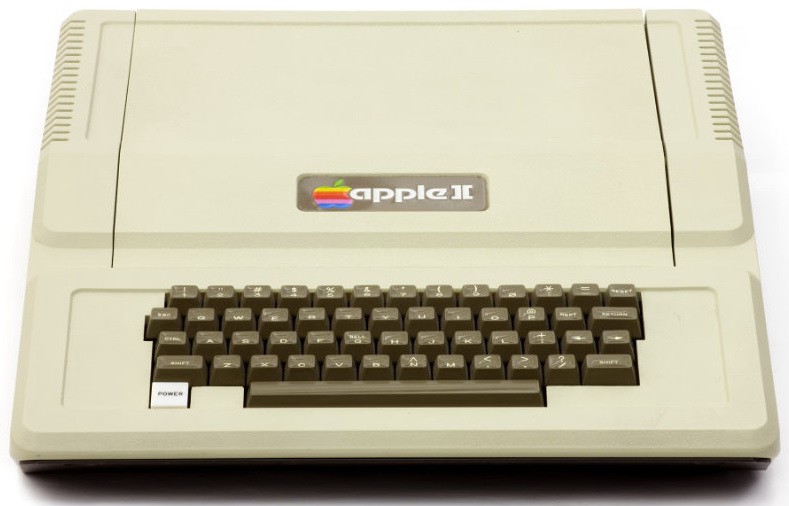

 April 12, 1976: Apple’s third co-founder, a former Atari colleague of Steve Wozniak’s named Ron Wayne, cashes in his Apple shares for just $800.
April 12, 1976: Apple’s third co-founder, a former Atari colleague of Steve Wozniak’s named Ron Wayne, cashes in his Apple shares for just $800.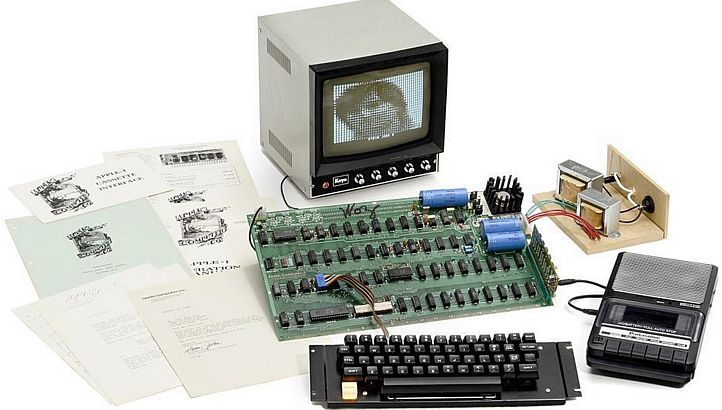
 April 11, 1976: Apple releases its first computer, the Apple-1.
April 11, 1976: Apple releases its first computer, the Apple-1.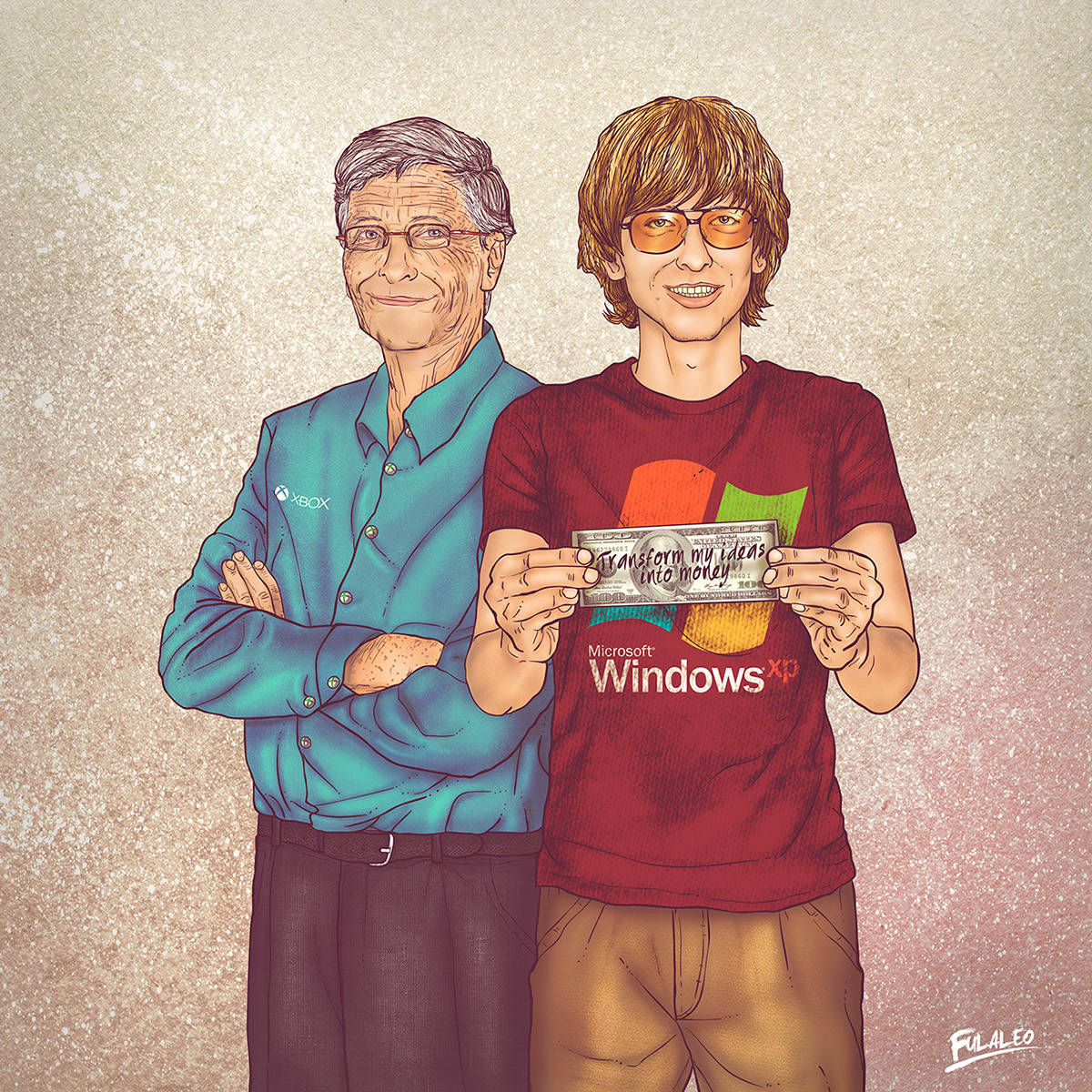
 April 4, 1975: Microsoft is founded by childhood friends Bill Gates and Paul Allen. The software company destined to become a tech behemoth — and a major Apple frenemy.
April 4, 1975: Microsoft is founded by childhood friends Bill Gates and Paul Allen. The software company destined to become a tech behemoth — and a major Apple frenemy.
 April 1, 1976: The Apple Computer Company is founded by Steve Jobs, Steve Wozniak and Ronald Wayne. The trio sets out to sell the $666
April 1, 1976: The Apple Computer Company is founded by Steve Jobs, Steve Wozniak and Ronald Wayne. The trio sets out to sell the $666 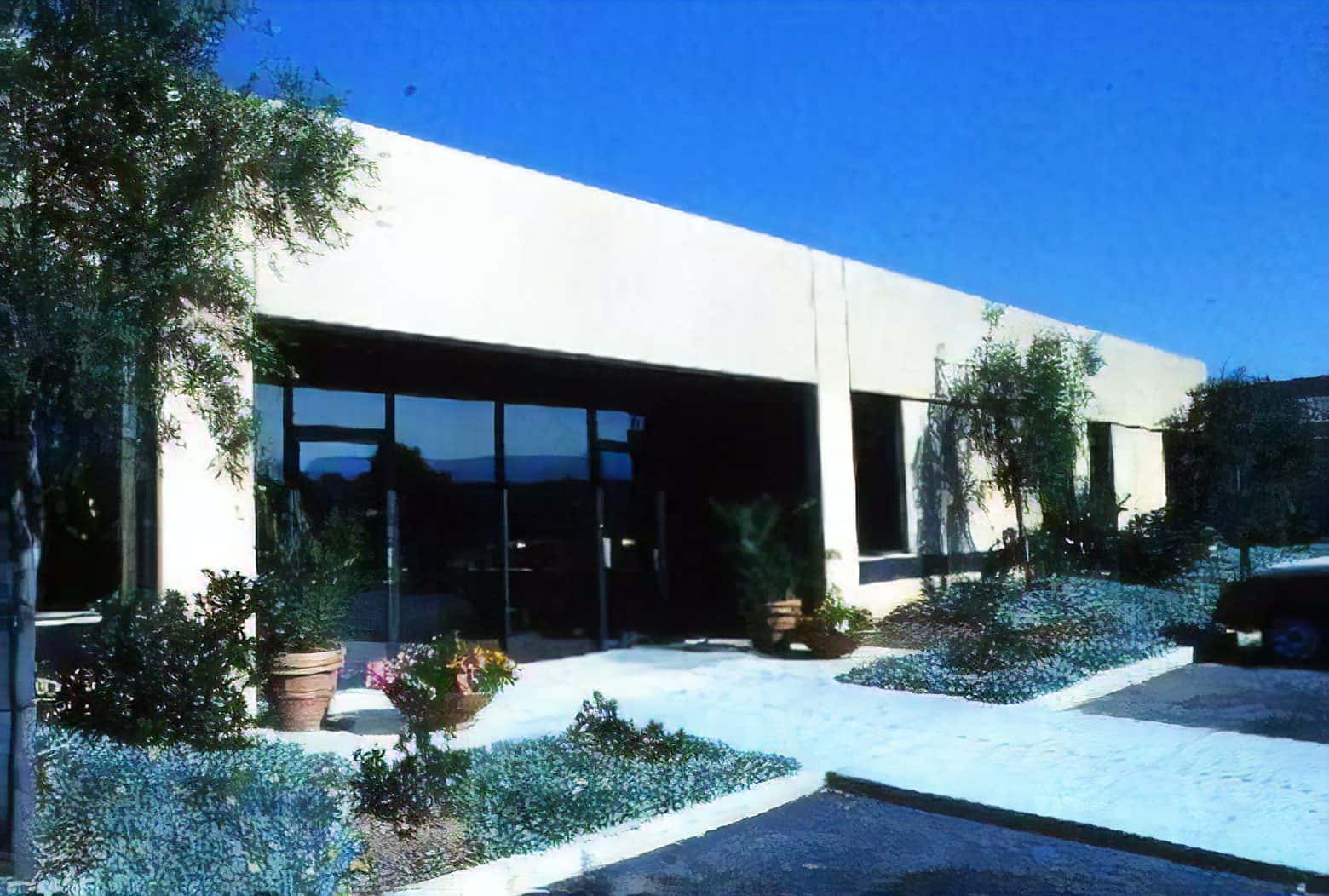
 January 28, 1978: Apple Computer occupies “Bandley 1,” its first custom-built office, giving the company a bespoke business center to house its growing operations.
January 28, 1978: Apple Computer occupies “Bandley 1,” its first custom-built office, giving the company a bespoke business center to house its growing operations.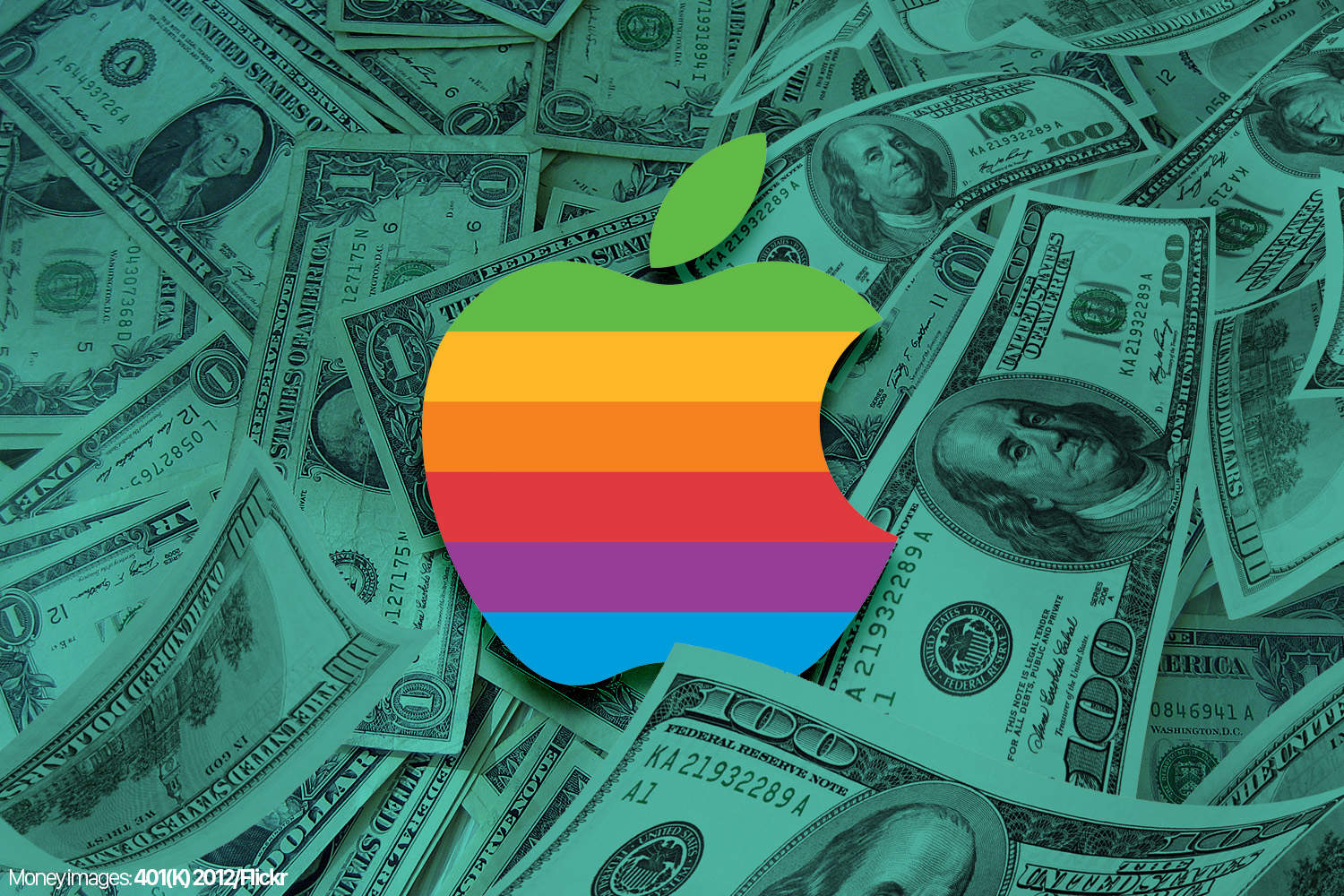
 January 3, 1977: Apple Computer Co. is officially incorporated, with Steve Jobs and Steve Wozniak listed as co-founders.
January 3, 1977: Apple Computer Co. is officially incorporated, with Steve Jobs and Steve Wozniak listed as co-founders.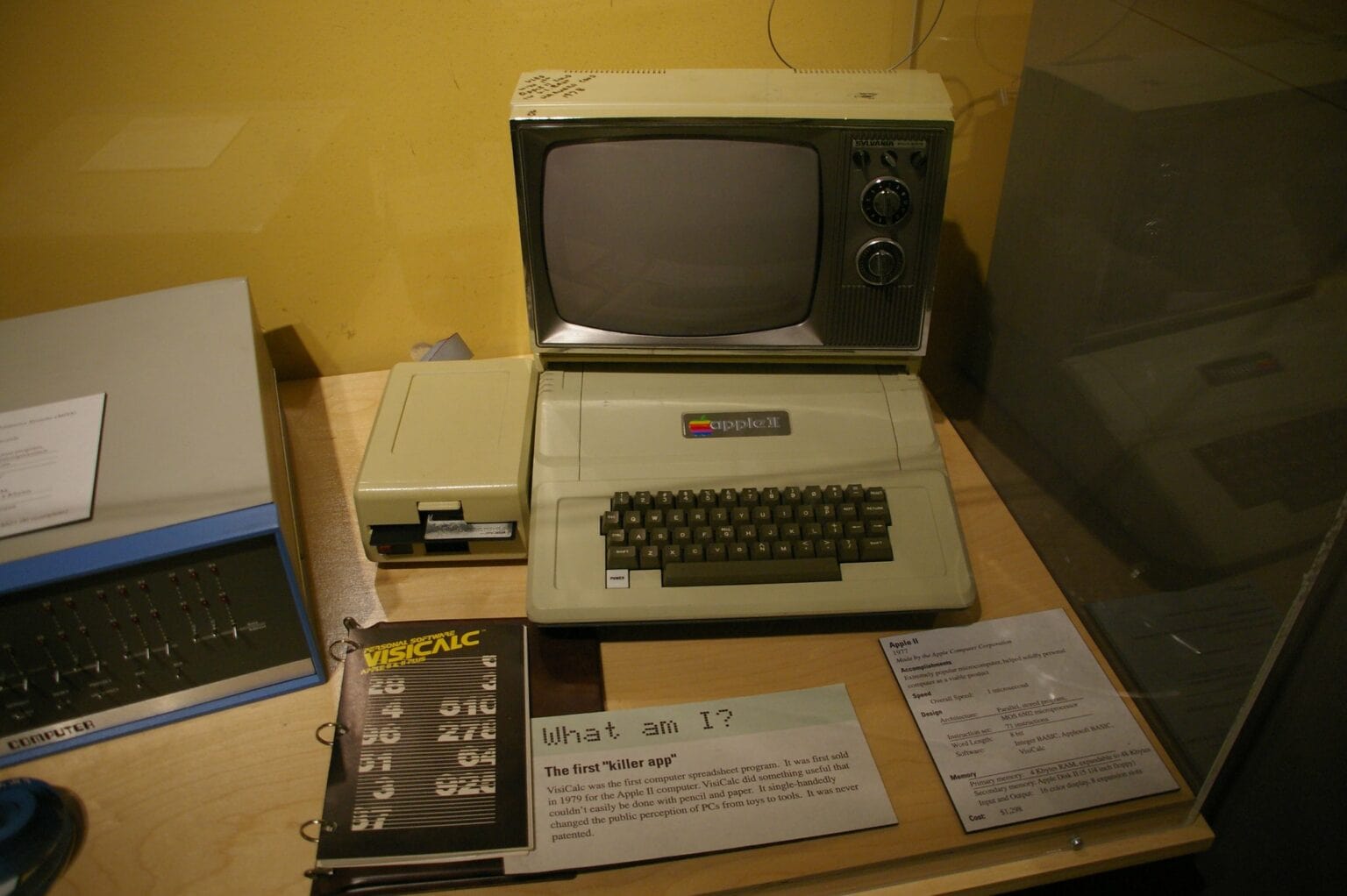
 January 2, 1979: Entrepreneurs Dan Bricklin and Bob Frankston incorporate their company Software Arts to publish a little program called VisiCalc.
January 2, 1979: Entrepreneurs Dan Bricklin and Bob Frankston incorporate their company Software Arts to publish a little program called VisiCalc.
 December 25, 1977: Steve Wozniak spends the holidays building a prototype of the Disk II, the Apple II’s revolutionary floppy disk drive.
December 25, 1977: Steve Wozniak spends the holidays building a prototype of the Disk II, the Apple II’s revolutionary floppy disk drive.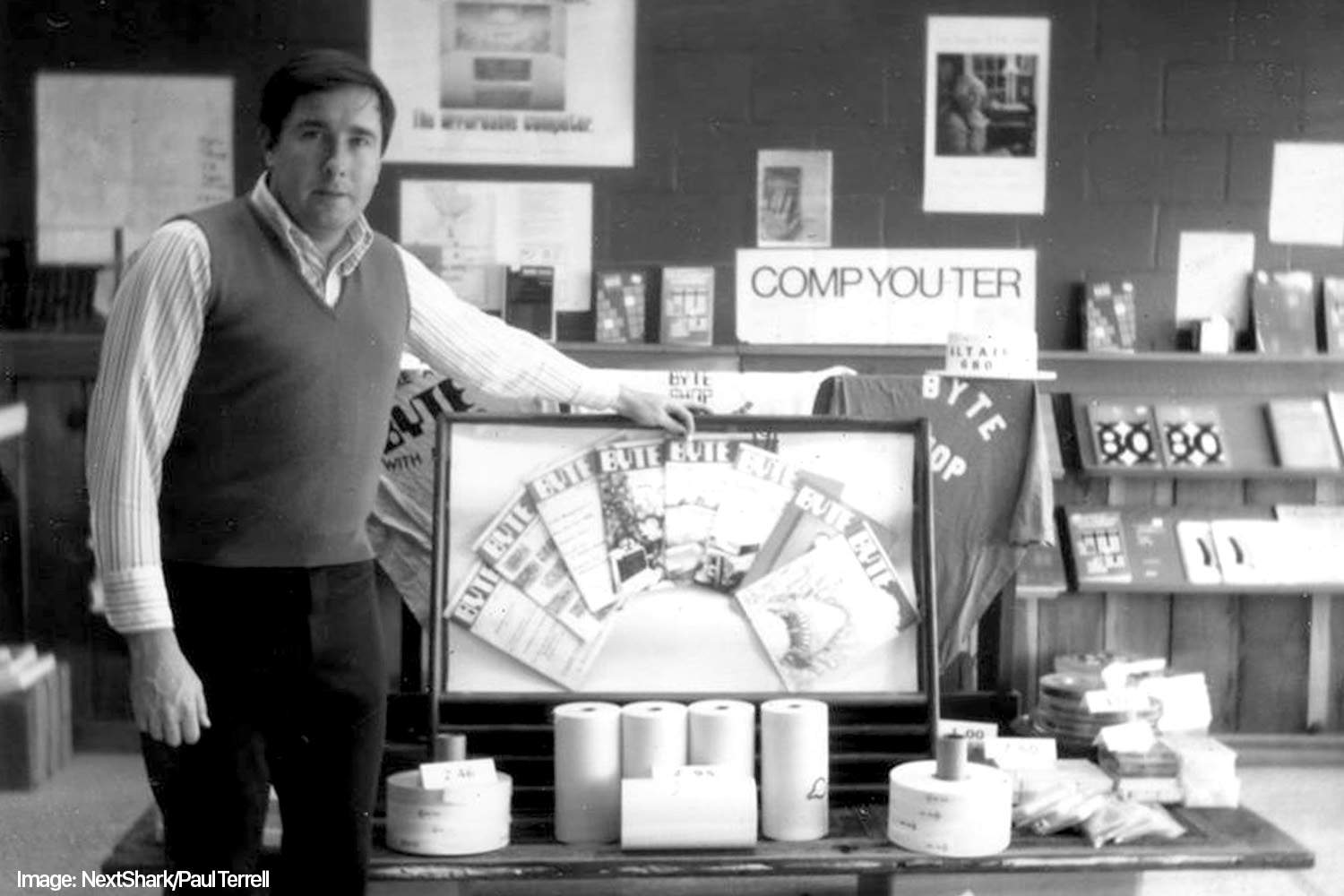
 December 8, 1975: San Francisco Bay Area entrepreneur Paul Terrell opens The Byte Shop, one of the world’s first computer stores — and the first to sell an Apple computer.
December 8, 1975: San Francisco Bay Area entrepreneur Paul Terrell opens The Byte Shop, one of the world’s first computer stores — and the first to sell an Apple computer.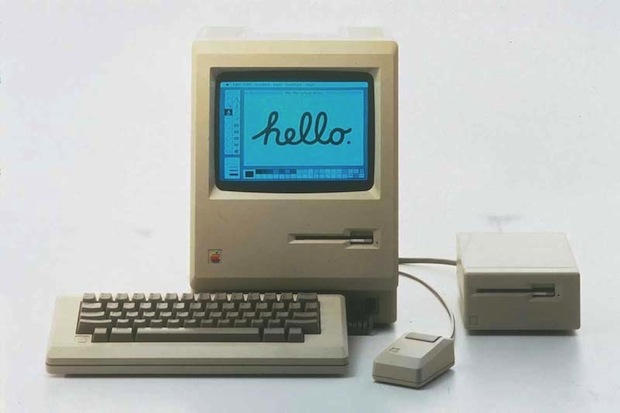
 September 27, 1979: Years before the Macintosh will ship, Steve Jobs and Jef Raskin clash for the first time over the direction of the R&D project to produce the revolutionary computer.
September 27, 1979: Years before the Macintosh will ship, Steve Jobs and Jef Raskin clash for the first time over the direction of the R&D project to produce the revolutionary computer.
 June 17, 1978: Steve Jobs’ first child, Lisa Brennan-Jobs, is born.
June 17, 1978: Steve Jobs’ first child, Lisa Brennan-Jobs, is born. June 5, 1977: The first Apple II, the personal computer that will put Cupertino on the map, goes on sale.
June 5, 1977: The first Apple II, the personal computer that will put Cupertino on the map, goes on sale. June 1, 1978: Apple launches the Disk II floppy drive, one of the company’s most important peripherals ever.
June 1, 1978: Apple launches the Disk II floppy drive, one of the company’s most important peripherals ever.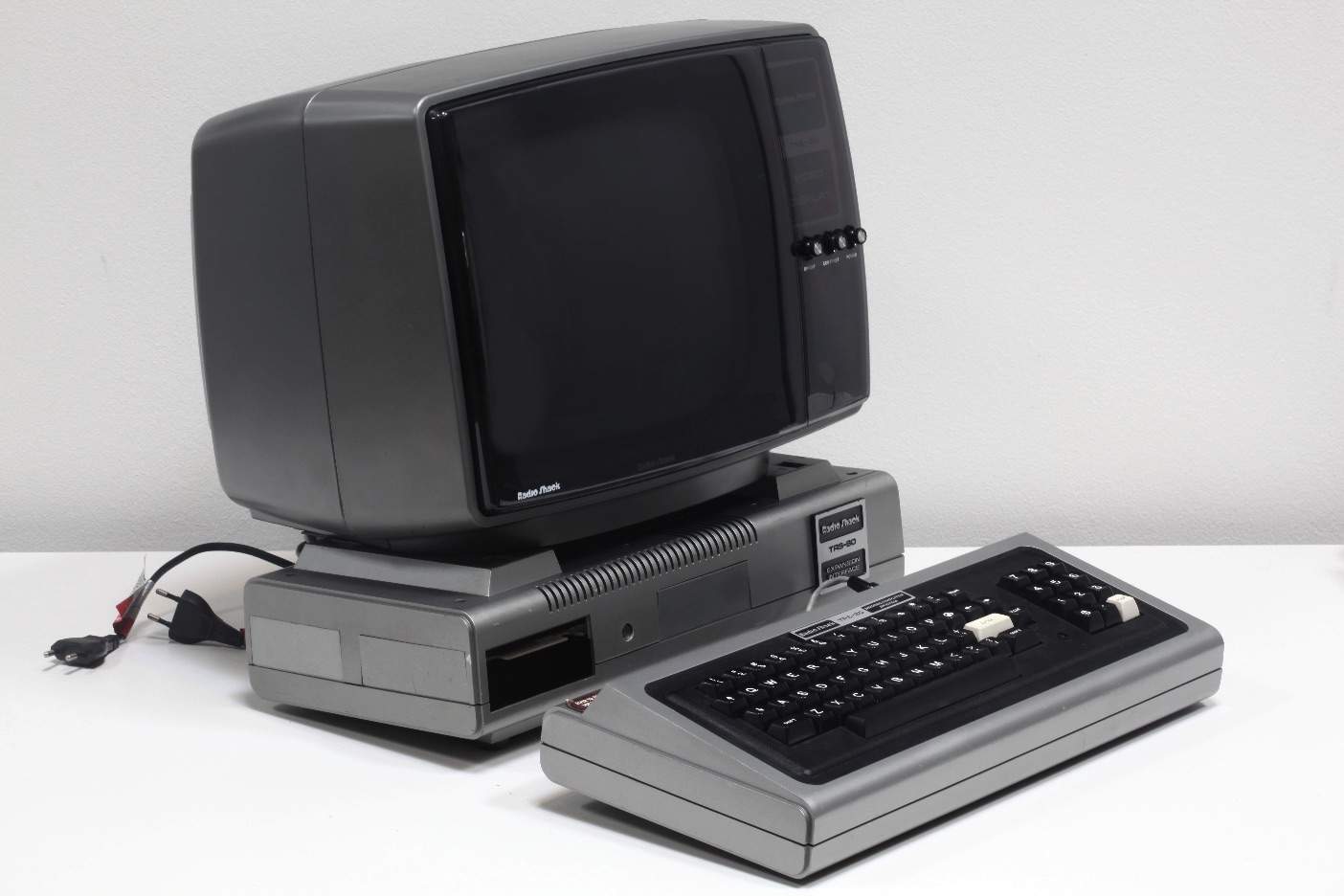
 August 3, 1977: The first affordable, mass-market personal computer makes its debut… and, contrary to what you might think, it’s not the Apple II.
August 3, 1977: The first affordable, mass-market personal computer makes its debut… and, contrary to what you might think, it’s not the Apple II.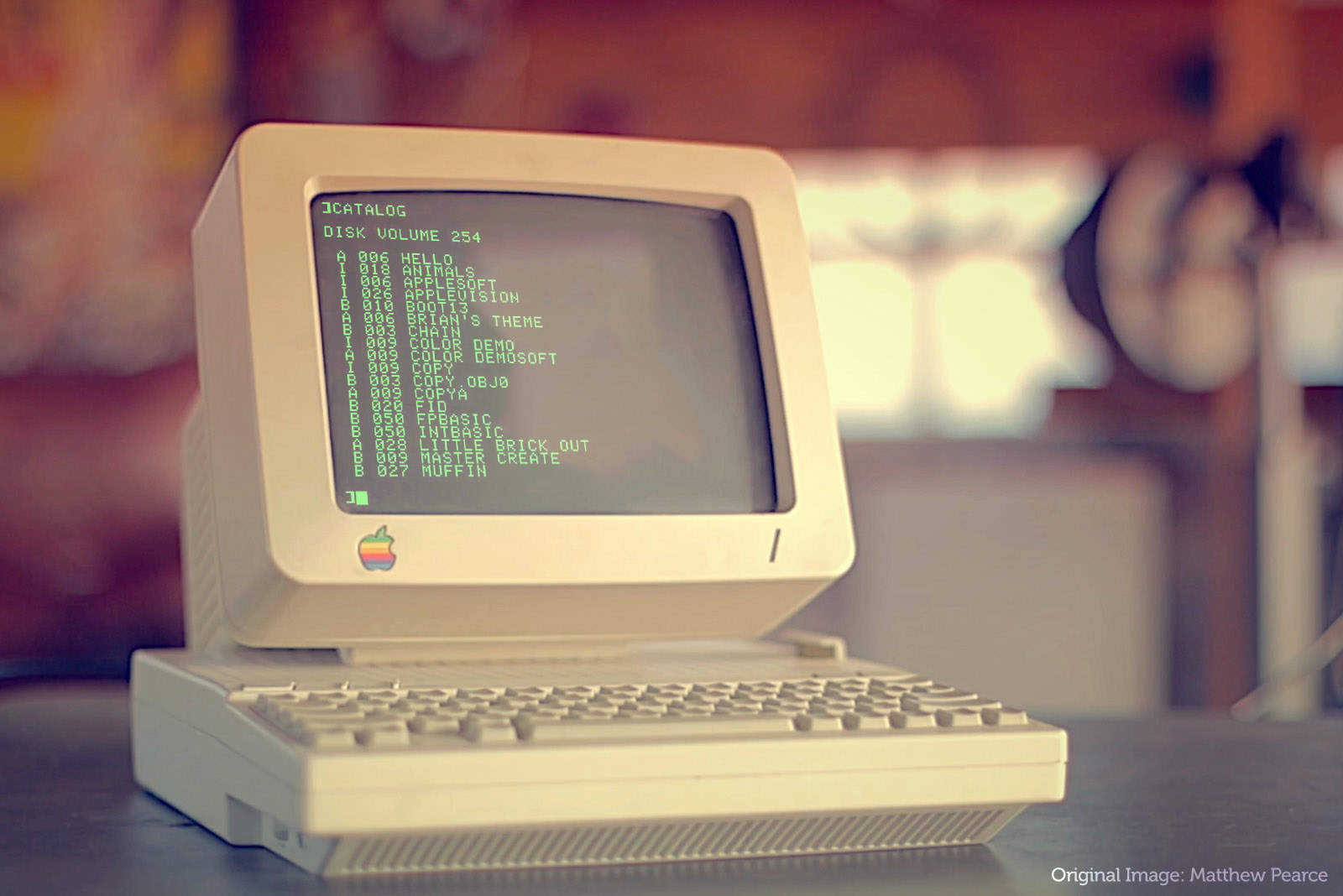
 July 20, 1978: Apple DOS makes its debut on the Apple II, giving Apple its first official operating system.
July 20, 1978: Apple DOS makes its debut on the Apple II, giving Apple its first official operating system.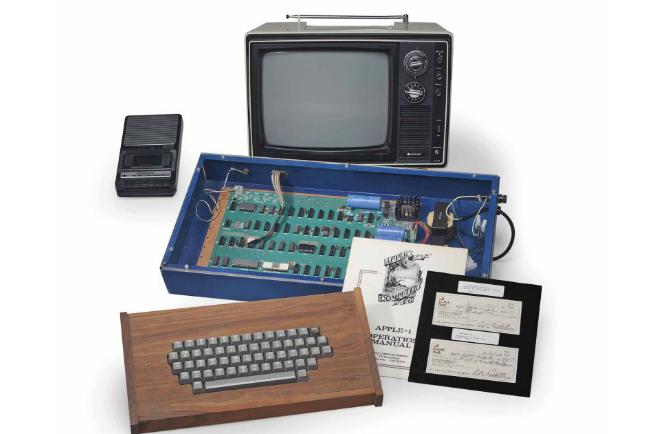
 July 1, 1976: The Apple 1 goes on sale, becoming the first computer ever sold by the Apple Computer Company.
July 1, 1976: The Apple 1 goes on sale, becoming the first computer ever sold by the Apple Computer Company.